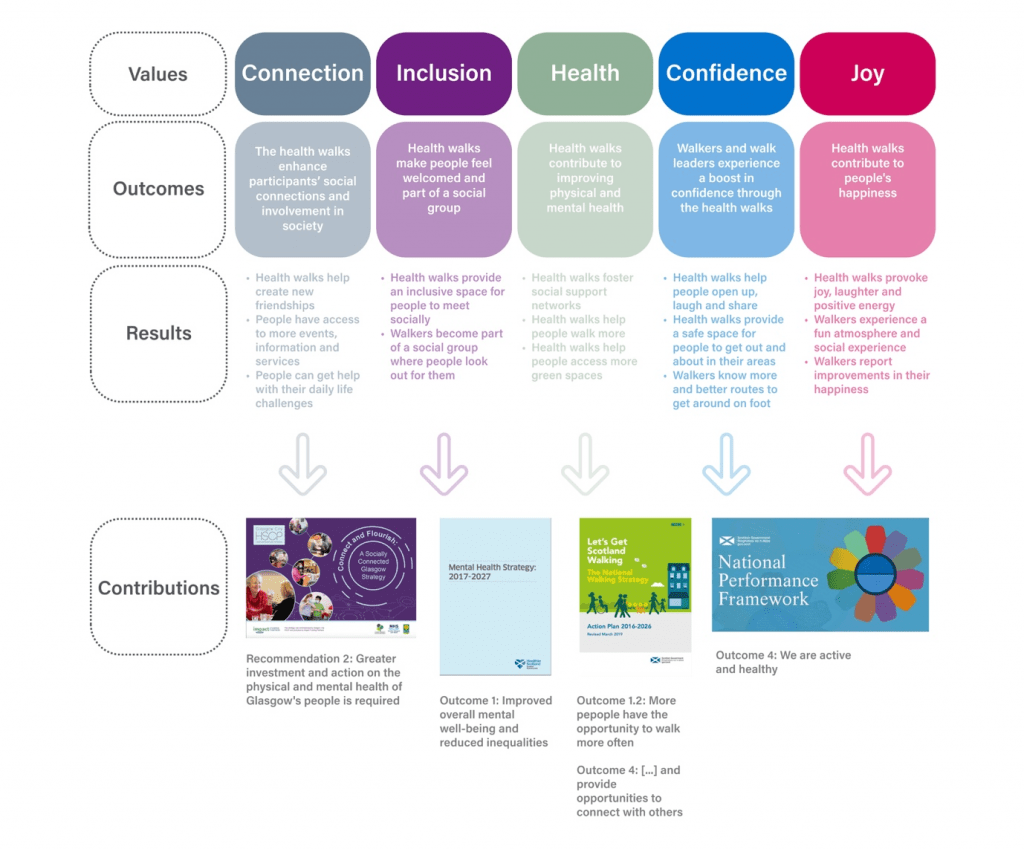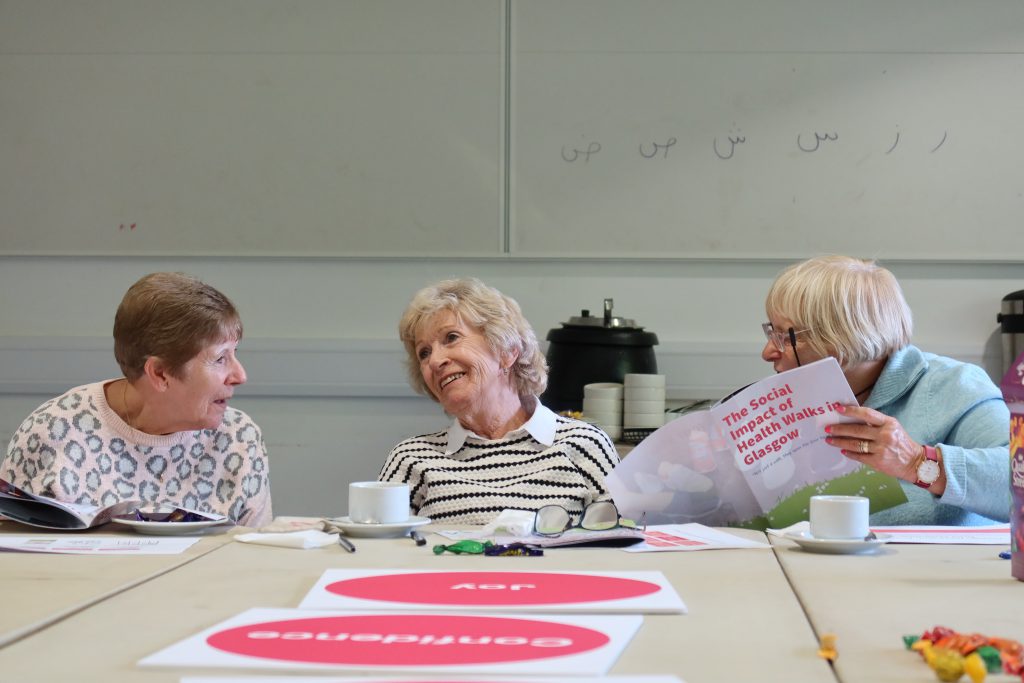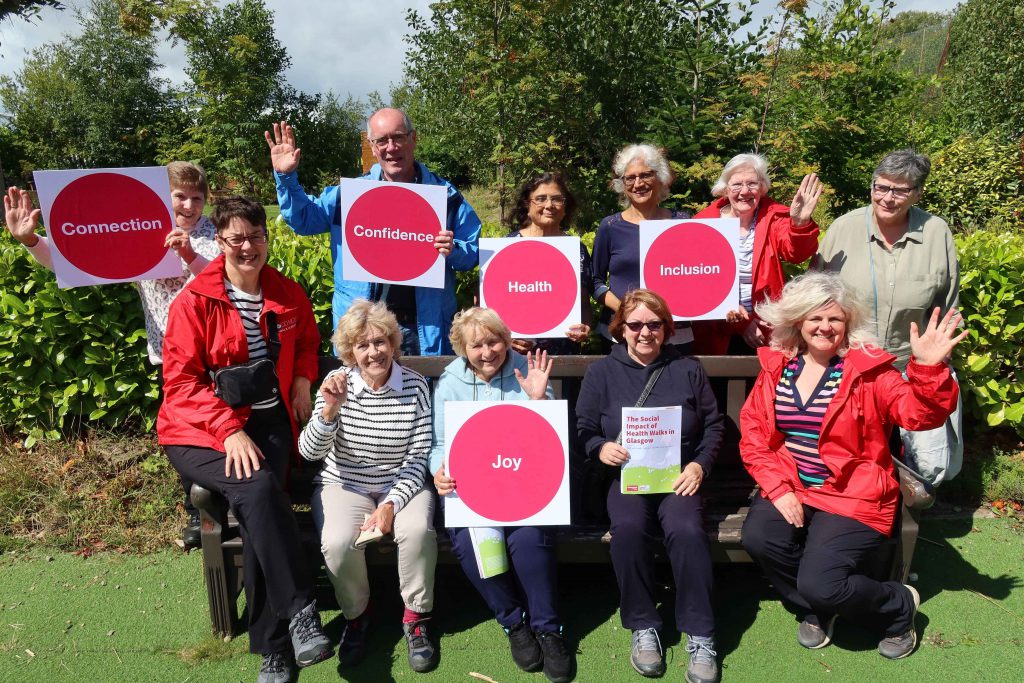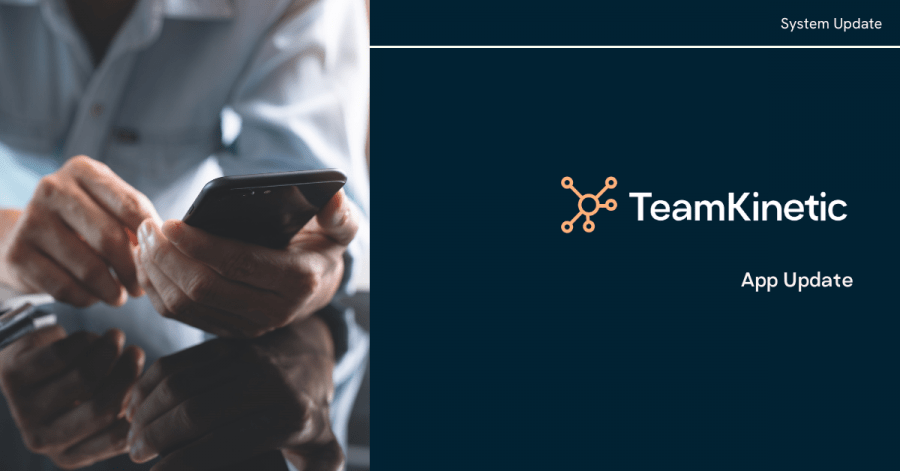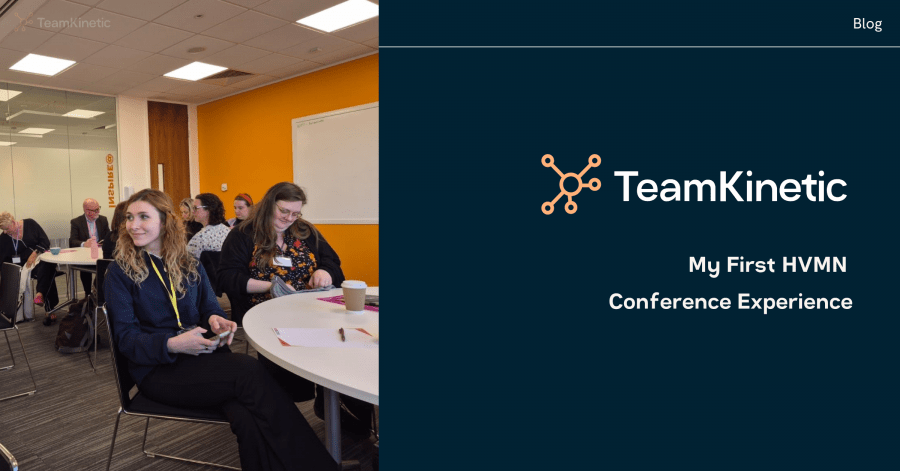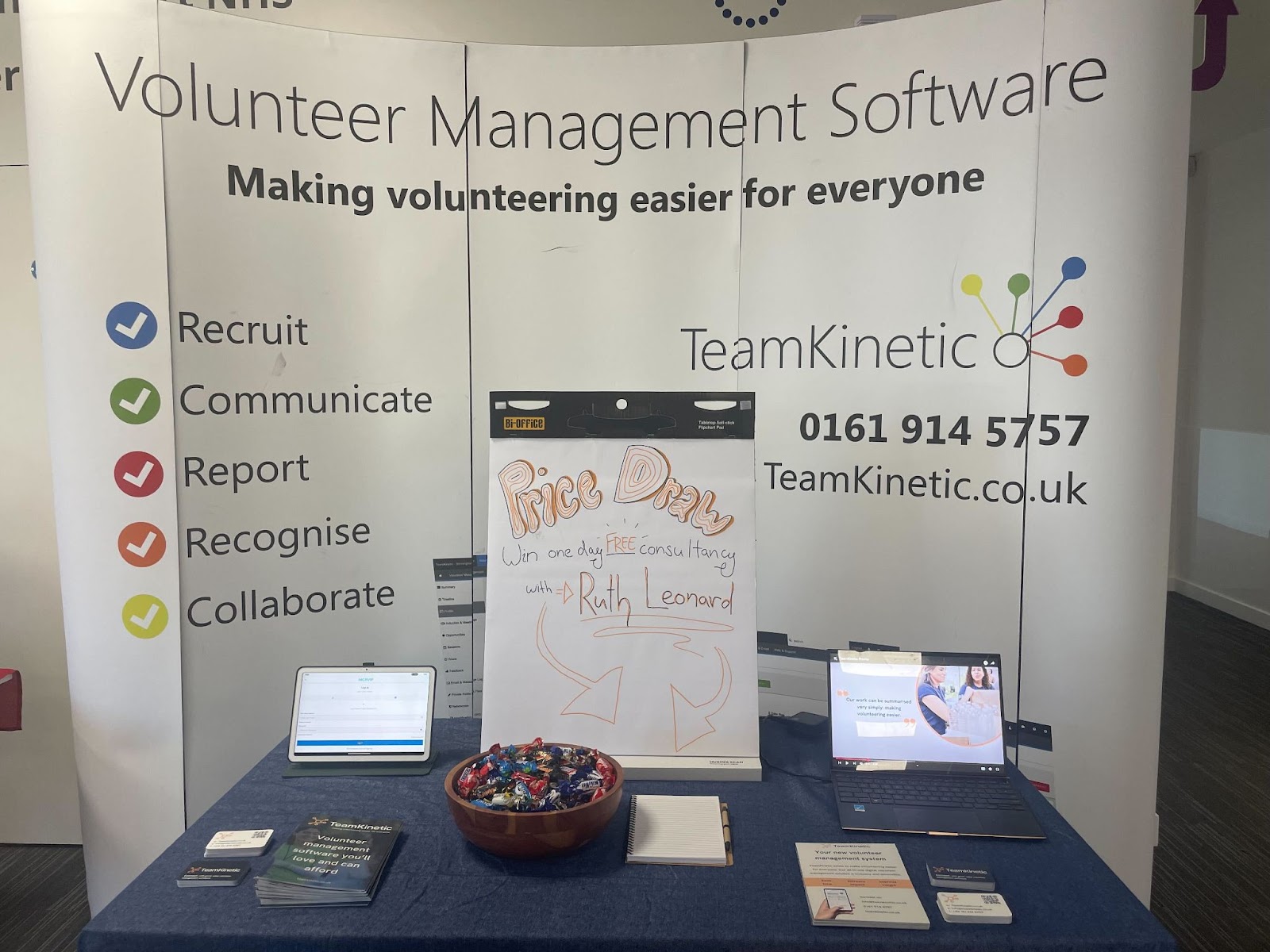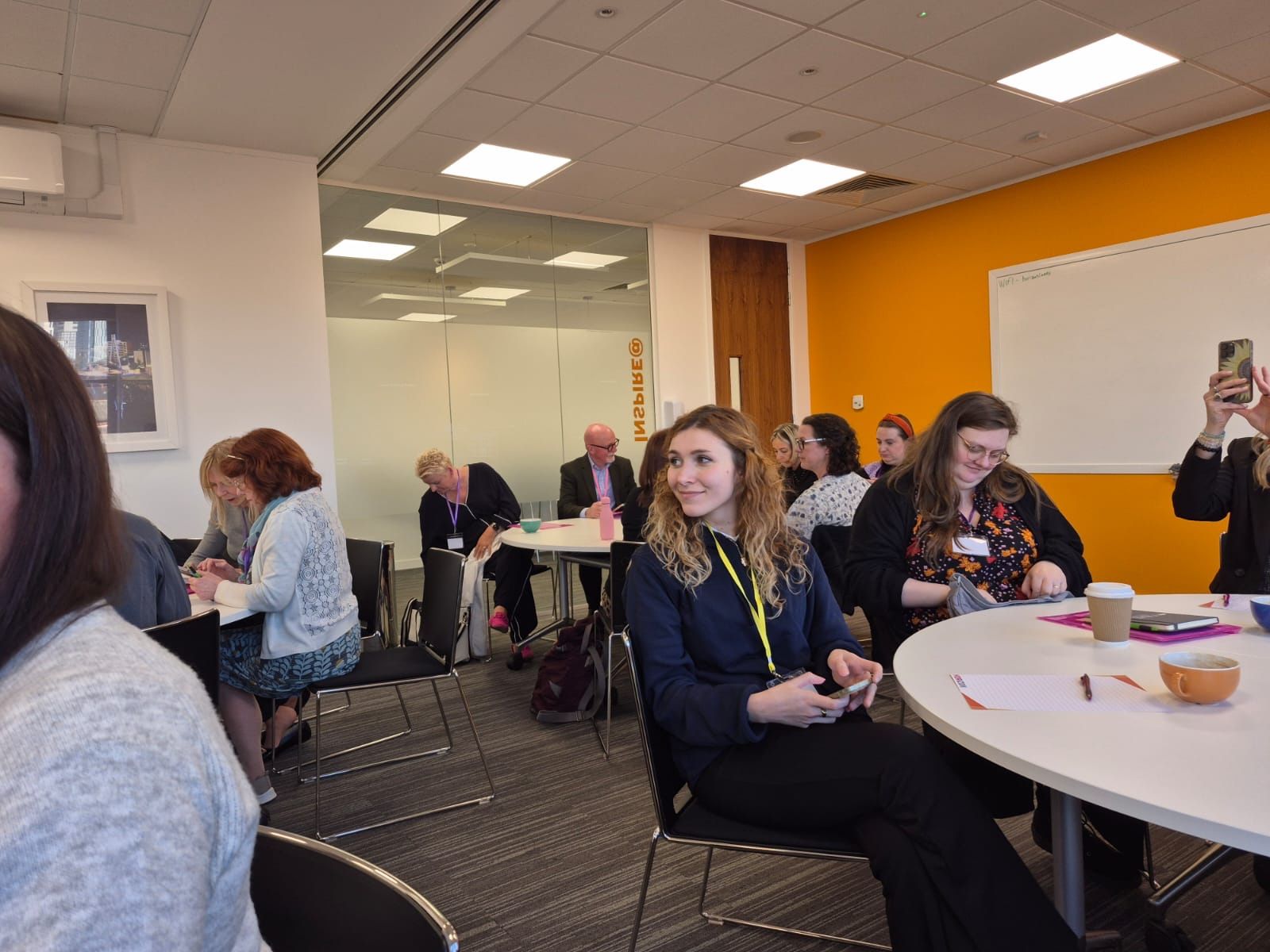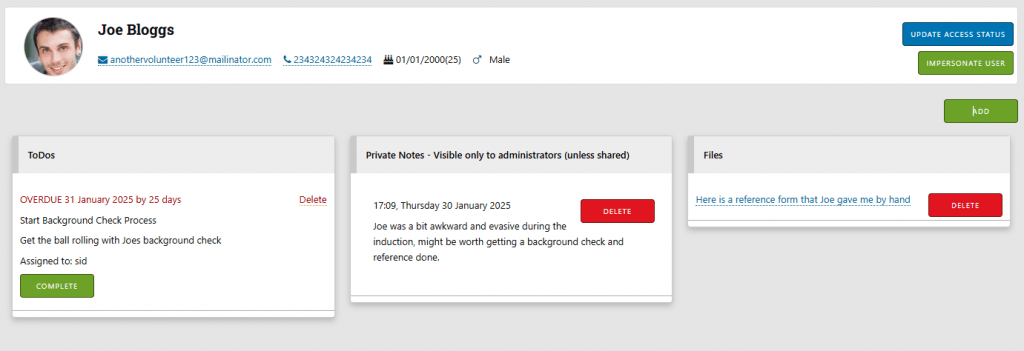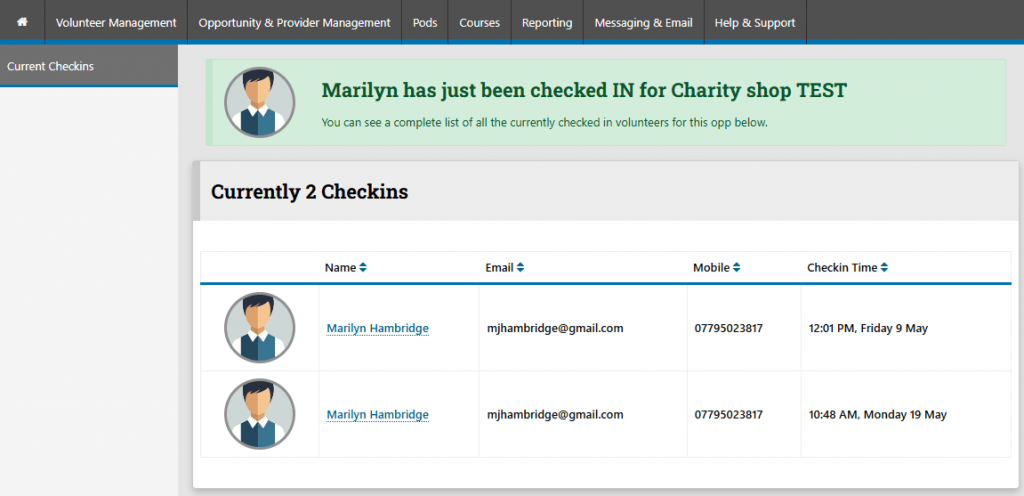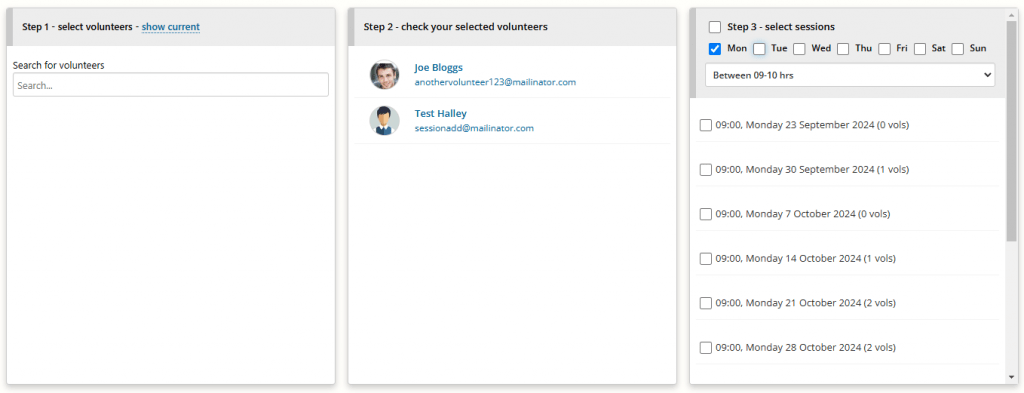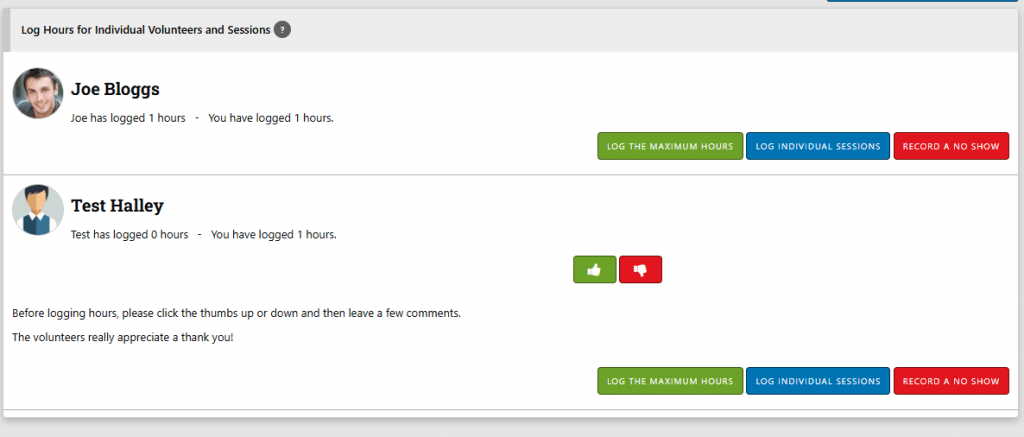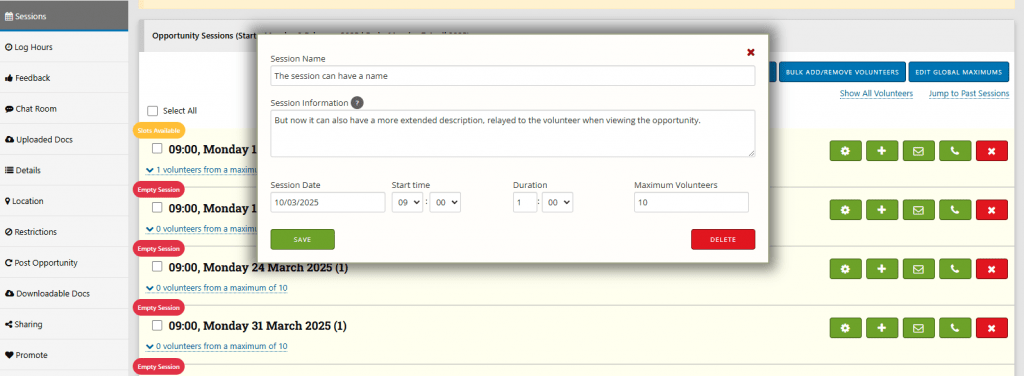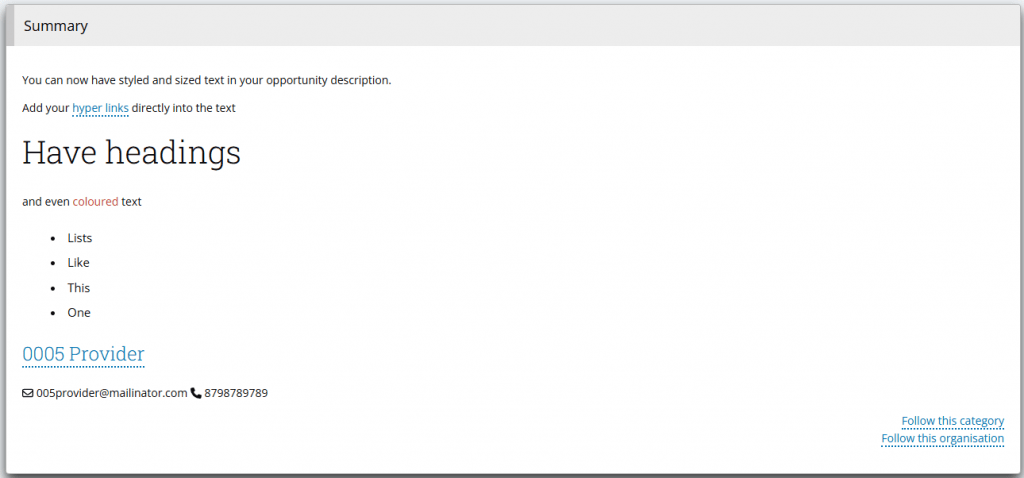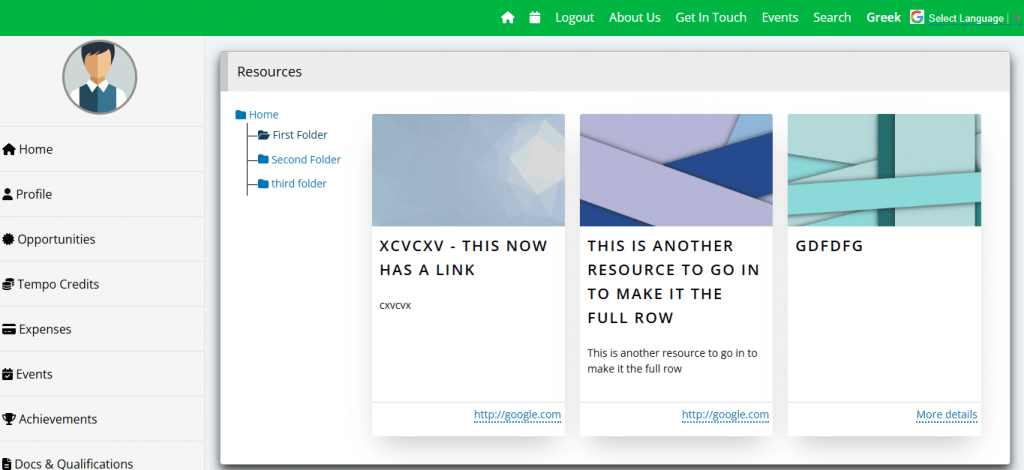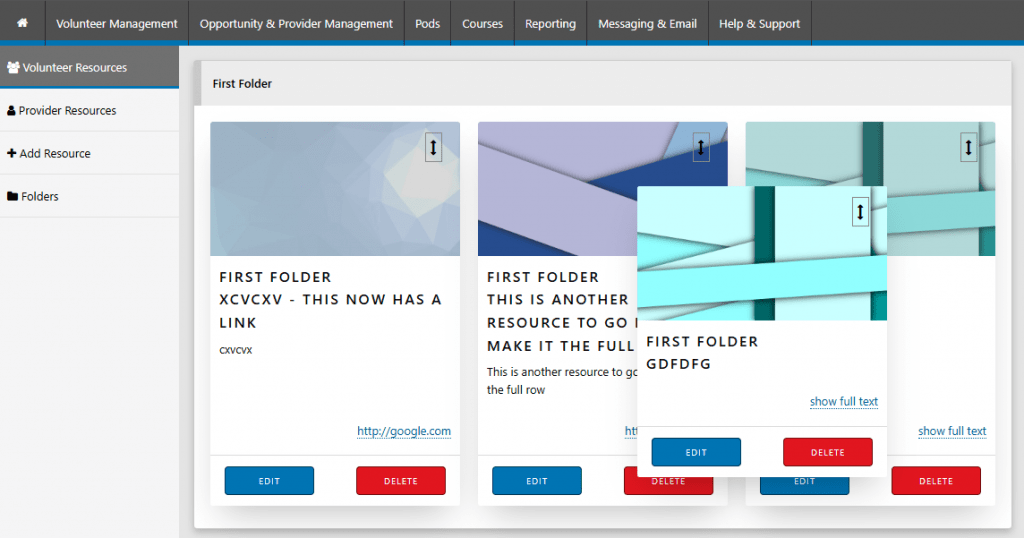This year, the TeamKinetic Conference goes beyond recruitment to explore everything that happens after volunteers join your cause.
Recruitment is just the start.
Every volunteer journey begins with a “yes”, but what happens next determines whether that spark of enthusiasm turns into a long-term commitment, a powerful story, and lasting social impact.
From first-day welcomes to long-term recognition, from gathering feedback to using data for better decision-making, our 2025 programme will dig into the practices, tools, and ideas that keep volunteers engaged, supported, and thriving.
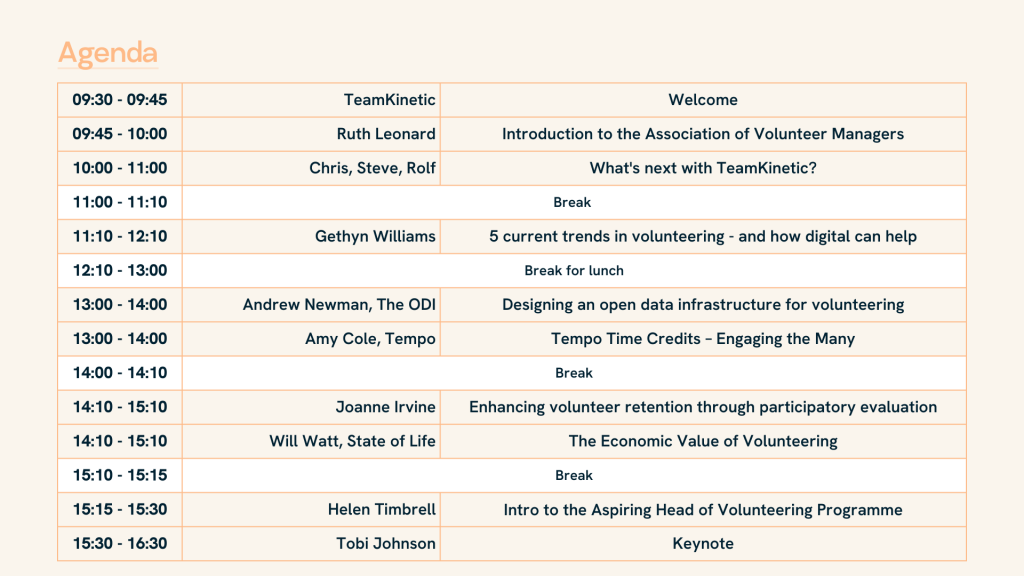
Why “Beyond Recruitment”?
Too often, conversations about volunteering stop at finding the right people. But retaining, motivating, and empowering volunteers is where the real magic (and challenge!) lies. We’ll be bringing together experts and thought leaders to share insights that help you:
- Build stronger volunteer communities
- Measure and communicate impact
- Use data and digital tools to improve volunteer experience
- Foster inclusion and belonging
- Keep volunteers motivated for the long haul
You’ll leave with fresh ideas, practical strategies, and new connections to help you get the best from your volunteers and give them the best in return. Whether you’re a volunteer manager, charity leader, or anyone working in volunteer engagement, you’ll find inspiration to take your work further.
Key Details
Date: Wednesday, the 24th of September
Time: All day, between 9:30am and 4:30pm. Not free all day? No problem, feel free to drop in and out where you like.
Tickets: £10, or free for all TeamKinetic users. Get yours now via this link.
Speakers
We have a great lineup of speakers for you. Just click any name to find out more!
Gethyn Williams – Non-Profit Development Specialist
Speakers
Tobi Johnson
President of Tobi Johnson & Associates
Founder of VolPro
Keynote Session
What does gardening have to do with volunteer management?
Quite a lot, as it turns out.
In this keynote, Tobi Johnson will explore how building healthy, sustainable volunteer programs is less about quick fixes and more about cultivating the right conditions for growth.
Tobi Johnson is a leading voice in volunteer engagement, known for blending fresh ideas with practical strategies that help programs truly thrive. With a reputation for sparking new ways of thinking, she brings energy, clarity, and inspiration to the challenge of engaging, supporting, and celebrating volunteers.
She’s also the host of The Volunteer Nation Podcast, where she shares practical tips and inspiring conversations each week on how organisations can grow thriving volunteer teams and harness the power of people to fuel change.
Joanne Irvine
Social Impact | Strategy | Evaluation
Session: Enhancing Volunteer Retention Through Participatory Evaluation
This session looks at how we can move beyond counting hours and pounds to better capture the real social value of volunteering. Using participatory evaluation, it explores how showing volunteers the impact of their efforts can both empower them and improve retention – drawing on research from Glasgow Life’s volunteer programme.
Once a volunteer is in the door – how do you keep them there? As we continue to see volunteering decline and as the voluntary sector grapples with the new and different expectations and ways in which volunteers want to get involved, it may be time for some new approaches.
One key consideration is that volunteers sign up to ‘make a difference’ but what if they don’t see the impact they are making? Yet volunteering impact is commonly measured in activities and numbers – of events held, volunteers mobilised and number of hours volunteered calculated against the minimum wage and rarely captures the impact on the communities they serve. The financial value doesn’t show the full value – and certainly not the outcomes or the impact – of what volunteering achieves. As the people, charities and organisations from the third and public sectors in the UK fighting for equality and social inclusion, we are increasingly feeling the pressure to speak the language of funders and government: return on investment, value for money and percentage contributions to GDP. That’s because we depend on getting the funding we need to be able to do what we do best: help people.
However, if even we are putting the emphasis on economic capital and measuring our success in GBP, who will be left to tell the human stories? What if we could better capture the real social value of what we do whilst also empowering volunteers to be involved in the process, so they also see the impact of their efforts? This session will explore how participatory evaluation can help evaluate and capture a richer and more holistic social value of volunteer-led services and contribute to volunteer empowerment and retention. It will do so using learning from research carried out by Joanne on the social impact of a Glasgow Life volunteer programme.
About Jo
As a social designer with a background in international development cooperation, Joanne advocates for the social inclusion, human rights and the empowerment of marginalised people and communities to achieve equality for all. She is passionate about participatory design and putting people at the centre of strategy, social design, learning, innovation and evaluation. Jo has longstanding experience with the United Nations Development Programme and the UN Migration Agency, providing technical assistance, capacity development, strategic planning and policy advice to help governments embrace diversity, reduce inequalities, and support communities become more inclusive and prosperous.
She has been fortunate to have lived in Spain, Tunisia, Egypt, Belgium and Switzerland and has travelled and worked extensively with many countries’ local and national authorities, charities and UN partners worldwide. After returning to Scotland in 2023 and pursuing further education with the Glasgow School of Art, she is enjoying combining her experience in the third and public sectors with her passion for participatory design and innovation. She is now Chair of the Board of Trustees of Volunteer Glasgow and a consultant leveraging design-led research and participatory design to enhance strategic planning, fundraising, evaluation and research for charities and the UN.
Joanne holds a BA and MA in Hispanic Studies and French from Glasgow University, an MA in International Development Cooperation and European Policy from the Autonomous University of Barcelona, a Diploma in Forced Migration and Human Rights from the UN University of Peace and an MDes Design Innovation and Citizenship from the Glasgow School of Art. As a lifelong learner, she is also working towards a BA in Visual Communications with the Open University.
Connect with Joanne on LinkedIn.
Will Watt
Director, State of Life
Session: The Economic Value of Volunteering
Will Watt, founder of State of Life, will be joining us at the conference to share his expertise on measuring social value and impact in volunteering.
Will is a named advisor on the 2021 HM Treasury supplementary guidance on wellbeing. He founded State of Life (formerly Jump Projects) in 2016 after leading research into the economic value of sports volunteering in collaboration with Lord Gus O’Donnell. The study became a case study in the What Works Centre for Wellbeing.
State of Life helps organisations clearly show the difference they make in people’s lives. Launched in March 2020, the company’s approach is recommended in the UK Government’s guidance for using trusted, comparable measures of impact. Since 2016, State of Life has worked for the UN, NCS, Parkrun, Duke of Edinburgh Awards, Girlguiding, the FA, National Trust, BT, the LTA, Sport England, Fields in Trust and more.
Its online tools and services make it easier and more affordable for charities, councils, and businesses to measure the real-world benefits of their work, so they can focus on making lives healthier and happier.
Visit the State of Life website.
Andrew Newman
Principal Data Specialist at The ODI
Session Title: Designing an open data infrastructure for volunteering
This session explores how an Open Data approach could reshape volunteer brokerage and open up new possibilities for collaboration across the sector.
Through a mix of ideas, examples, and interactive discussion, participants will be invited to imagine what a shared standard for volunteering data might look like, and consider the benefits it could bring to organisations, platforms, and volunteers themselves.
You’ll leave with fresh perspectives on how greater openness and interoperability could unlock growth, accessibility, and innovation in volunteering.
About Andrew
Andrew Newman is a data specialist with over 20 years’ experience leading and managing data teams and initiatives at the UK’s Department for Environment, Food & Rural Affairs (Defra). He brings a broad range of expertise in data, alongside a people-focused and collaborative approach. Passionate about building communities and fostering collaboration, Andrew works to deliver services that drive real change and improvement.
About The Open Data Institute (ODI)
Founded in 2012 by Sir Tim Berners-Lee and Sir Nigel Shadbolt, the ODI is a non-profit organisation dedicated to building trust in data. Independent and non-partisan, it works with partners across business, government, and civil society to drive transparency, accountability, and innovation. Through training, consultancy, and research, the ODI helps organisations use data more responsibly and with greater confidence, positioning itself as a trusted voice at the heart of the data economy.
Find out more about The ODI here.
Amy Cole
Head of Programmes Wales, Tempo Time Credits
Session: Tempo Time Credits – Engaging the Many
How can we build more inclusive communities where everyone feels they have something valuable to give? Tempo Time Credits offer a practical way to engage people from all walks of life, rewarding time and contribution instead of money.
In this session, Amy will explore how the model works, share real-life stories of impact, and highlight how organisations are using Time Credits to reach, engage, and empower wider groups of people. Participants will gain insights into how to harness the power of recognition, reciprocity, and shared value to foster stronger, more connected communities.
About Amy
Amy Cole is the Head of Programmes for Wales at Tempo Time Credits, where she leads on the design and delivery of innovative programmes that empower individuals and communities through the power of Time Credits. With a strong background in community development and partnership working, Amy has extensive experience in creating opportunities that enable people from all walks of life to contribute their time, skills, and energy – and be recognised for it.
Passionate about inclusion, wellbeing, and social impact, Amy works with local authorities, charities, health boards, and grassroots groups to ensure Tempo’s model reaches those who benefit most. She is committed to building stronger, more connected communities across Wales by championing collaboration, reciprocity, and shared value.
About Tempo
Tempo Time Credits is a national charity that helps people get involved in their communities through volunteering. By connecting local organisations and partners, Tempo creates networks where people can give their time, be recognised for their contributions, and access new opportunities.
Volunteers earn Tempo Time Credits for the time they give, which can be exchanged for activities and services with local and national Recognition Partners. This reward and recognition scheme not only celebrates the vital role volunteers play but also helps to build stronger, more connected communities.
Find out more on their website.
Gethyn Williams
Non-Profit Development
Session: 5 Current Trends in Volunteering – and How Digital can Help
This session unpacks five key digital trends shaping volunteering today – from AI to recruitment outreach – and shows how leaders can adapt ideas from wider digital practice. It introduces Part 2 of the Digital in Volunteering Toolkit, with practical use cases to help apply digital tools effectively in volunteer management.
One of the big takeaways of our work on the Digital in Volunteering initiative is how very little of what’s happening in digital is unique to volunteering. Leaders of Volunteers increasingly need to know enough about digital developments to be able to consider and apply them in the volunteering space, often borrowing knowledge and translating approaches to digital from wider spheres.
AI is one obvious example – yes it offers possibilities of transformational change, but how can we apply those strengths best in volunteering?
Or perhaps in our recruitment outreach – digital channels and platforms have revolutionised how we communicate with volunteers, but we may also need some marketing skills in order to really make the most of them.
Volunteering doesn’t exist in a vacuum, and neither does digital. That’s where part 2 of our Toolkit is coming from – deep dive use cases into current areas of volunteering practice where digital is playing a role.
In this session, we’ll explore five current trends relevant to volunteering, the role digital is playing in each and how you can use Part 2 of our Toolkit to help your practice adapt to them.
Find out more about Gethyn on his website, and connect with him on LinkedIn.
You can find TeamKinetic on social media and listen to our podcast:
Twitter Facebook LinkedIn YouTube Instagram Podcast
Have you enjoyed using TeamKinetic? If you could leave us a review, we’d really appreciate it!



